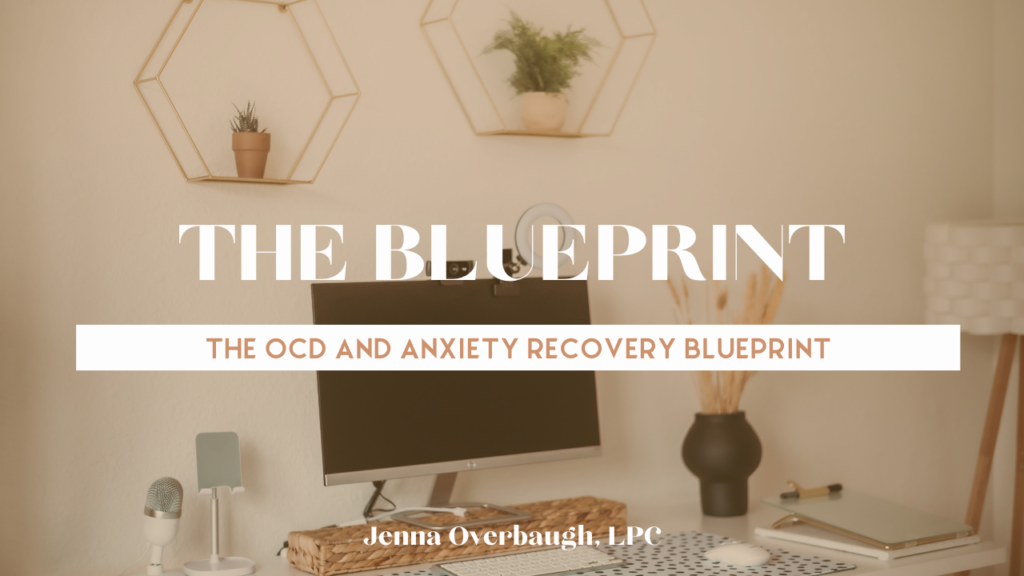Unseen Battles: How OCD and Anxiety Affect Your Loved Ones
October 17, 2023
Introduction: How OCD and Anxiety Impacts Your Family
Living with OCD and anxiety is challenging, not just for those who experience these conditions, but also for their family members and loved ones. In this blog, we’ll explore the often-overlooked aspect of how OCD and anxiety can negatively impact your family and loved ones. We’ll also discuss effective strategies, including evidence-based strategies like Exposure and Response Prevention (ERP) to help bridge the gap and strengthen familial bonds.
The Unseen Toll on Family Members
- Emotional Drain: OCD and anxiety can lead to constant worry, rituals, and compulsions that consume the individual’s time and emotional energy. Family members often find themselves worried, stressed, and emotionally drained as they witness their loved one’s struggles.
- Strained Relationships: The compulsive behaviors associated with OCD can disrupt daily routines and family life. This disruption can lead to tension, misunderstandings, and conflicts, which strain relationships over time.
- Feelings of Helplessness: Loved ones may feel helpless when they see someone they care about trapped in the cycle of OCD and anxiety. They want to offer support but often don’t know how.
- Social Isolation: Individuals with OCD and anxiety may withdraw from social activities, and their loved ones may also become socially isolated as a result, feeling unable to participate fully in life due to the challenges their family member faces.
Coping Strategies for Family Members
- Education and Understanding: Knowledge is a powerful tool. Encourage your family members to learn about OCD and anxiety. Understanding the conditions can help reduce misconceptions and stigma.
- Reduce Accommodations: It might seem paradoxical, but it’s important that family members and loved ones learn to support the person with OCD and anxiety without accommodating. Accommodations are behaviors that, like rituals, strengthen the OCD and anxiety cycle.
- Seek Professional Help: Evidence-based therapies like ERP, ACT, and MCT can benefit not only the individual with OCD and anxiety but also their family members. These therapies teach effective strategies and improve overall family dynamics.
- Self-Care: Encourage your family members to prioritize self-care. It’s essential for them to take care of their mental and emotional well-being as they support you on your journey.
The Role of Evidence-Based Strategies
Exposure and Response Prevention, Acceptance and Commitment Therapy, and other evidence based strategies offer hope for both individuals with OCD and anxiety and their families. These interventions equip you with tools to manage your condition and foster understanding among your loved ones.
Conclusion
OCD and anxiety can have a profound impact on family members and loved ones. However, with education, communication, and the support of evidence-based therapies, you can navigate these challenges together. Seek qualified guidance, prioritize self-care, and remember that you are not alone in this journey. By working together, you can strengthen your family bonds and provide essential support for one another.
Resources for Your OCD and Anxiety Recovery
To learn more about OCD and anxiety recovery strategies and resources, visit my website at www.jennaoverbaughlpc.com. Here you can find additional support and guidance.
Want more content like this? Check out some of my related podcasts and The OCD and Anxiety Recovery Blueprint below.

This post is for informational purposes only and may not be the best fit for you and your personal situation. The information and education provided here is not intended or implied to supplement or replace professional advice of your own professional mental health or medical treatment, advice, and/or diagnosis. Finally, make sure to check with your own physician or mental health professional before trying or implementing anything read here.
© 2023 Jenna Overbaugh, LLC
most popular episodes
Love my podcast?
Episode 112: Postpartum OCD and False Memory OCD
Imagine how in depth I can go in an online course. Instantly downloadable and game-changing. Take the next step towards an amazing life.